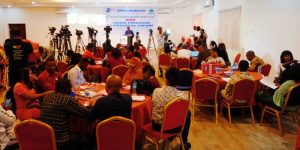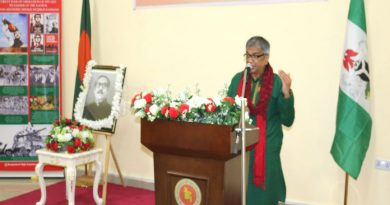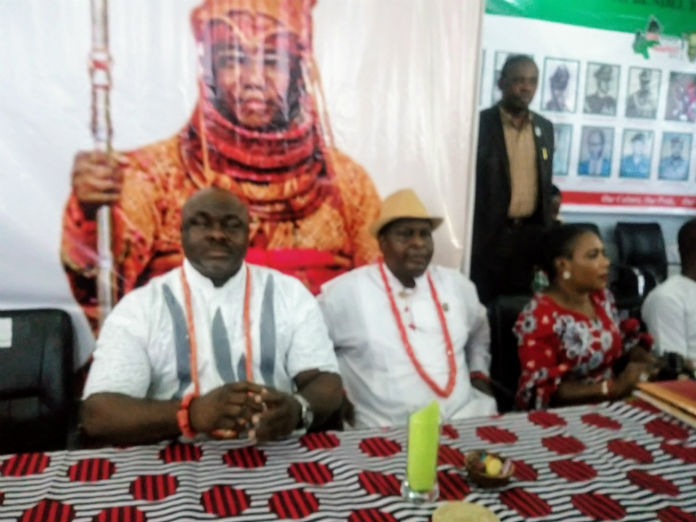CISLAC Advocates A Reduction In Birth Rate
Maryam Aminu
Population is one of the most controversial and least talked about issues yet should be top on the list of themes flagged in development context in Nigeria.
The Civil Society Legislative Advocacy Centre (CISLAC), /Transparency International in Nigeria (TI-Nigeria), has called on Nigerians to embrace smaller family to avert poverty, and other socio-economic upheavals.
The Executive Director of CISLAC and Head of TI-Nigeria, Auwal Ibrahim Musa Rafsanjani stated this at the Nigeria Population Conversation Seminar organised by Population Matters in partnership with CISLAC) TI-Nigeria held on Tuesday in Abuja.
He said the seminar was necessitated by the need to engender people-oriented participation and harvest perception on population to shape policy direction for well-informed national planning to achieve the overall demographic advantage for sustainable development
“We cannot deny the fact that the time has come for Nigerians to begin to embrace the idea of smaller family to boycott ravaging poverty, youth unemployment, child mortality and other socio-economic upheavals.” Said Rafsanjani
“When we all choose to have smaller families, communities can invest more in each child and there is less demand on public programs and safety nets. Every child gets a larger share of the pie, and will play a greater role in their community in the future.” He said
The Executive Director observed that the greatest challenge to population is illiteracy as most Nigerians don’t know the impacts of it on their well-being.
The rate of out-of-school children exposes the nation to most of the social crimes perpetrated by youths including the accelerated level of prostitution, armed robbery, rape and all facets of violence
“Nigeria has a record of 20 million out-of-school children. This is as about 53.40 per cent of youths are unemployed.”
He added that a significant function of girl child education in Nigeria is to provide her with diverse basic knowledge, skills, and training which contribute to personal development and the overall national development, disclosing that more than 50% of girls are not attending school at the basic education level, while 1 million girls drop out between the first and last year of primary school.
“It is worthy of a note that active participation by Nigerians across the six geo-political zones in the Population Perception Survey report that will be launched here today is a clear indication of citizens’ readiness for constructive conversation on population and its impacts on their well-being as well as living standards. This without doubt will serve as a baseline for further conversation on population at all levels in Nigeria and beyond.
“We are hopeful that fact-findings from the report would be leveraged by relevant state and non-state actors in amplifying conversation on population, while shaping policy decision and direction towards inclusive planning and development in Nigeria.
Speaking on how human population affects the environment, Member of the Advisory Board, Population Matters, Dr Mrs Edu Effiom stressed that maintaining the ecosystem in its natural form is critical for human wellbeing in a rapidly warming world.
Effiom expressed that unless urgent and concerted action is taken, it would worsen in the face of population growth, unprecedented consumption, increasingly globalised economy and climate change.
She said there was the need to address slowing down population growth to ease off pressure on the living environment and also empower women and their families.
She said: “This is because women are the worst hit in situations like these, so we have to rethink girl child marriage and empower the girl child through good education.




